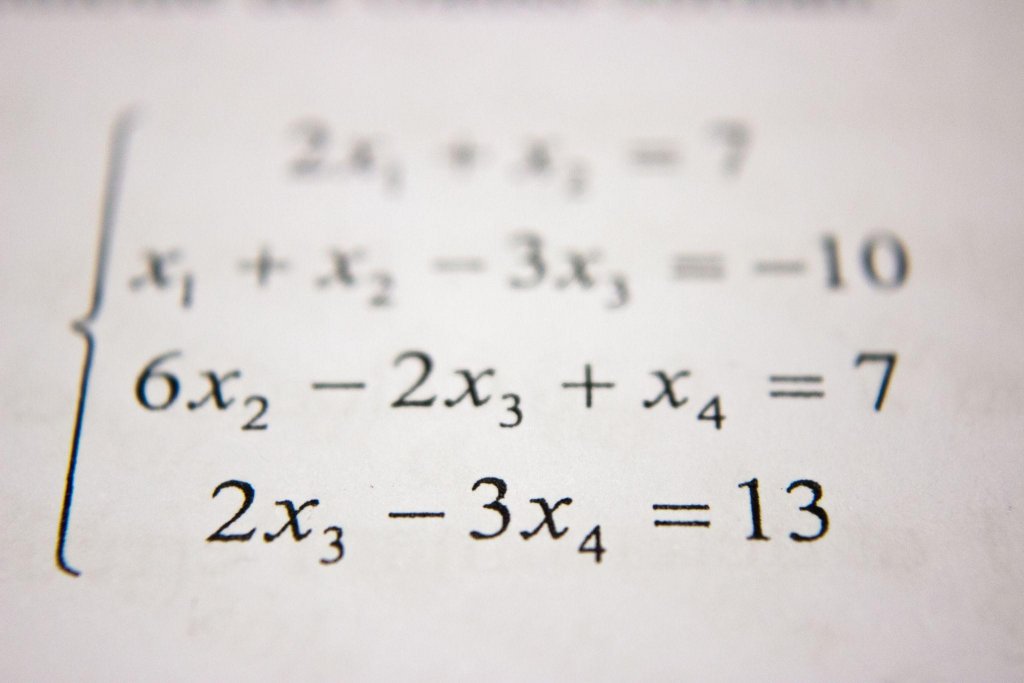
11 Jan 4 Tips for Tackling PSLE Maths Papers

How should you study for the Primary School Leaving Examination (PSLE) Maths exam? If you’re looking for a strategy that works for everyone, there isn’t one. What is effective for one child might not be for another. Always start your preparation early with a thorough revision strategy.
We’ll share revision tips and how to prep your child to ace the PSLE Maths Papers with flying colours.
The Early Bird Gets the Worm
Students sit for the (PSLE), a yearly national test, in Singapore as they complete their final year in Primary school. This means that your child must be well-versed in the concepts taught in Primary 5 and Primary 6. Because the PSLE exam is a consolidation of what your child has learned over their six years of primary school, don’t be surprised if questions from Primary 3 and 4 appear.
Starting PSLE preparation early will give your child enough time to go over all of these materials and catch up on what they have missed. Most importantly, having more revision time, as opposed to last-minute revision, would reduce the amount of stress you and your child face.
PSLE Maths Papers Preparation Tips
1. Recognise Your Child's Current Maths Level
The first and most important tip we have for you is to know where your child is at the moment.
To get the most effective revision, you must first understand your child’s proficiency levels in the various Maths topics. Knowing how wide their learning gaps are allows you to plan how much time and effort they’ll need to put in to achieve their goals. Maths is not like other subjects where you memorise information from a textbook. Because practice is the key to high maths scores, encourage your child to solve a large number of sums. The more PSLE Maths questions and answers you practise, the more you will learn, enjoy revising, and perform well in the exam.
2. Make A Revision Schedule

A revision timetable greatly reduces the anxiety of both parents and students because it shows that adequate time is allocated each week for each subject’s revision. It’s critical for parents to involve their child in the planning and goal setting process, as this will allow the child to be more independent in their learning. Communicate with your child about how much time to devote to each subject, and remember to include play and rest time to maintain a healthy balance.
You can sort their notes and plan the order in which they must cover the subject topic to increase the efficiency of the revision. As a result, the revision is more organised, and your child covers everything they need to finish systematically.
3. Avoid Making the Same Mistakes
Once your child has covered all of the topics, they must practise applying them in an exam setting. You can create an exam-like environment at home and have them practise. Through repetition, they learn to manage their time and understand the questions that take the most time. Students who use this strategy self-assess how well they understand a topic and how quickly they learn it. However, you must ensure that they do not take shortcuts and solve the problems in the same way that they would in a real exam. Teach them to set aside extra time to recheck their answers.To do well, you must not only put in enough practice time, but you must also review your child’s mistakes and avoid making the same ones again. The latter is critical to ensuring that you lose as few marks as possible in the examination. Common errors include omitting units, failing to reduce fractions, making careless calculation errors, and accidentally omitting questions. These are all significant expenses that you don’t want your child to incur during the exam. As a result, time management helps, as the remaining time is used to check for such errors!
4. Practice Materials

You can practise on two types of previous year exam papers. The first option is to download PSLE Maths papers from the Singapore Examinations and Assessment Board (SEAB) website. It gives you a good indication of the difficulty level and exposes you to conditions similar to the actual examination. The next option is the schools’ preliminary exam papers. These extra papers let you know the types of questions other schools are asking their students to prepare for the PSLE. These can be obtained online or from vendors who will assist in the printing of these papers.
Need Further Assistance?
Our Maths tutorials at NASCANS in:tuitionTM use a very effective teaching methodology to provide students with a solid foundation in the subject. This offers a dynamic and engaging learning environment that enhances students’ exam readiness and self-assurance. We welcome any questions you or your kids may have about our subjects. The student care and enrichment programmes offered by NASCANS, which has over 25 locations in partner MOE schools and residential communities, are closely aligned with the vision, mission, and values of the partner school as well as MOE’s model of 21st Century Competencies. Our mentors are seasoned teachers who are passionate about educating and taking care of your child’s after-school needs so that parents don’t have to worry about their child’s academic performance, physical and emotional health, or completion of their homework.


